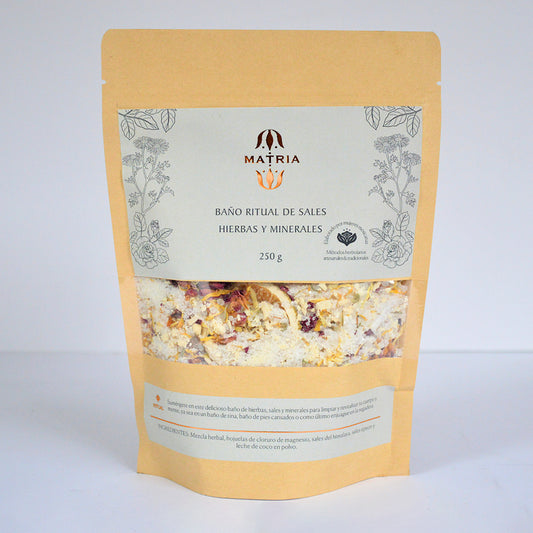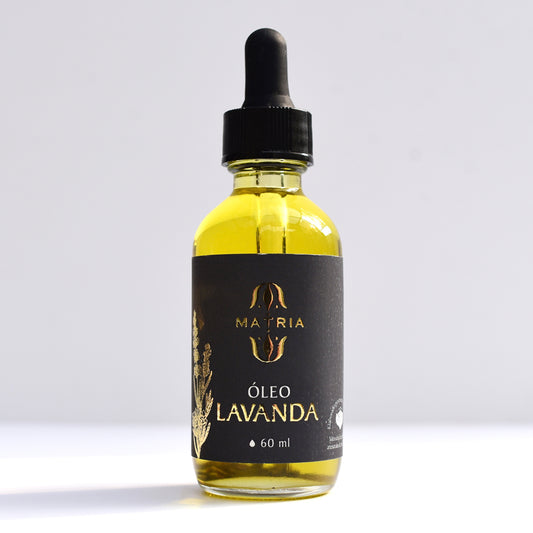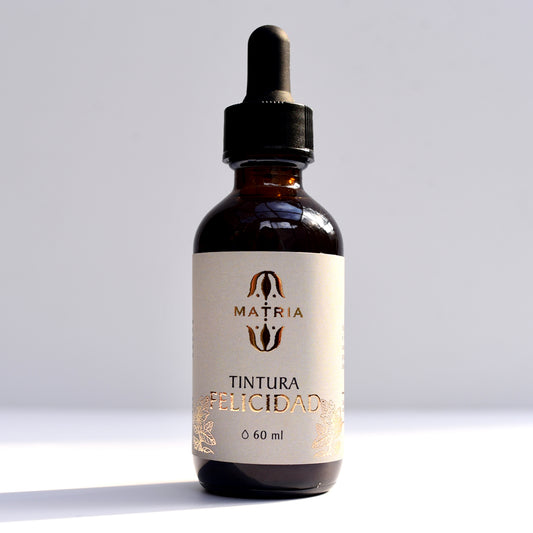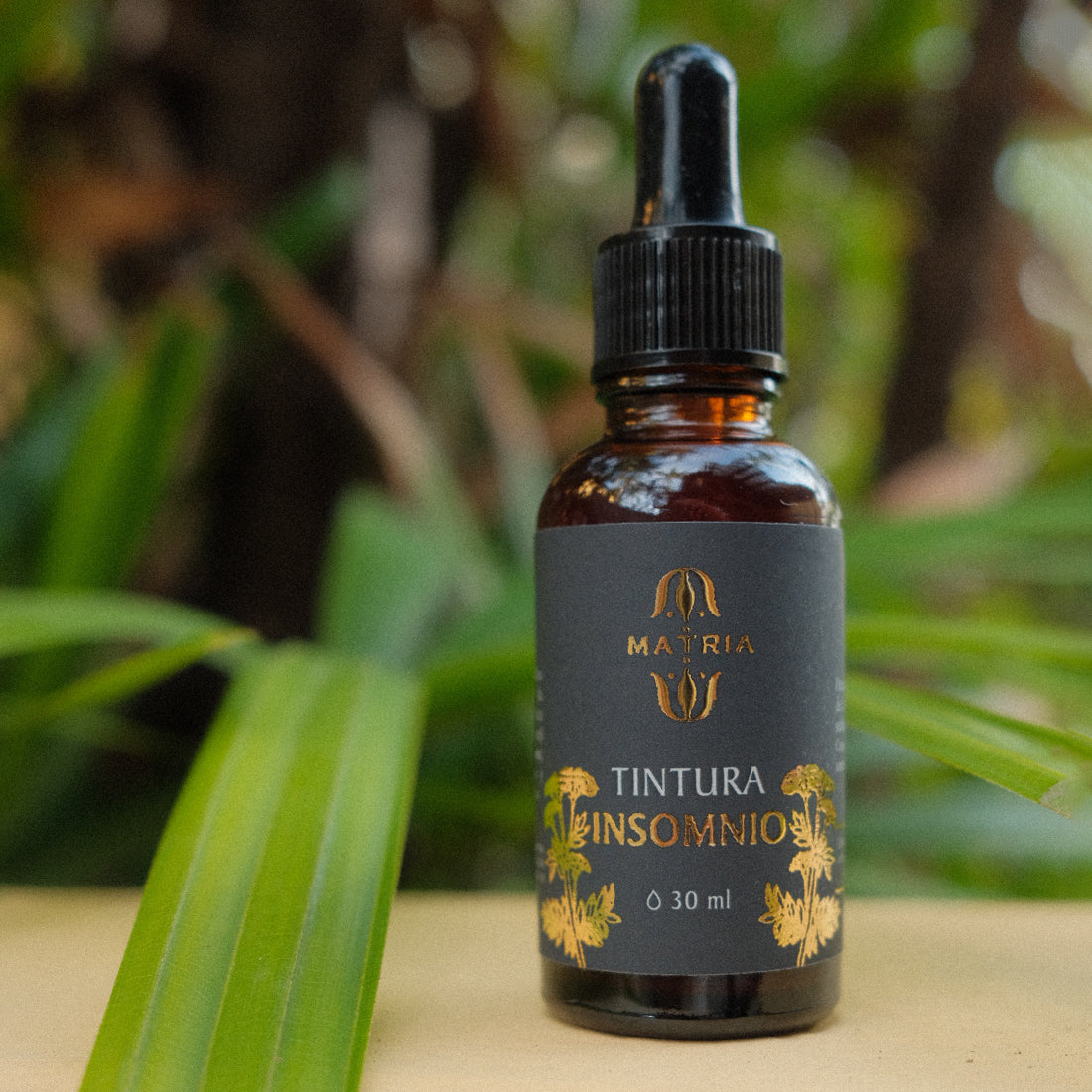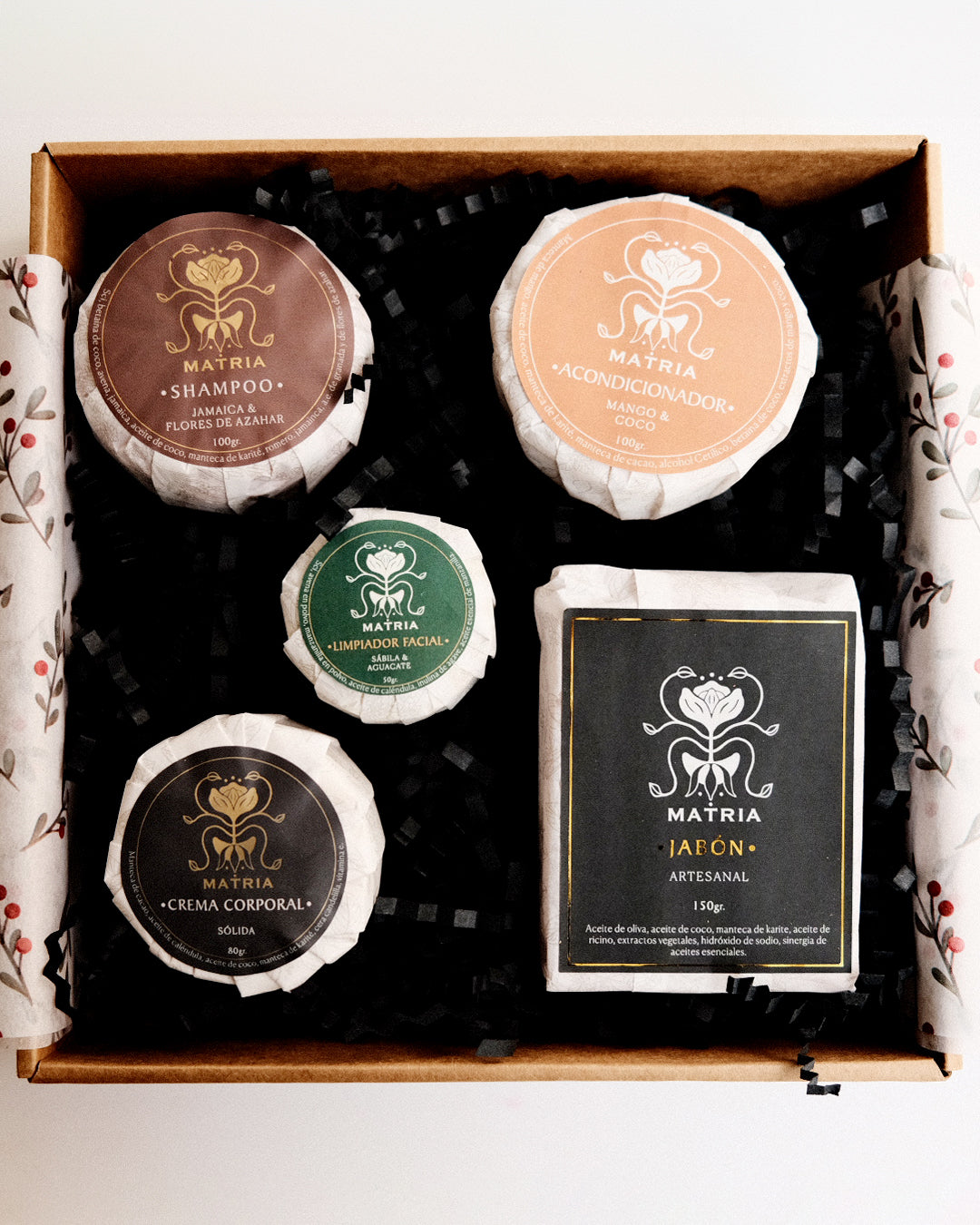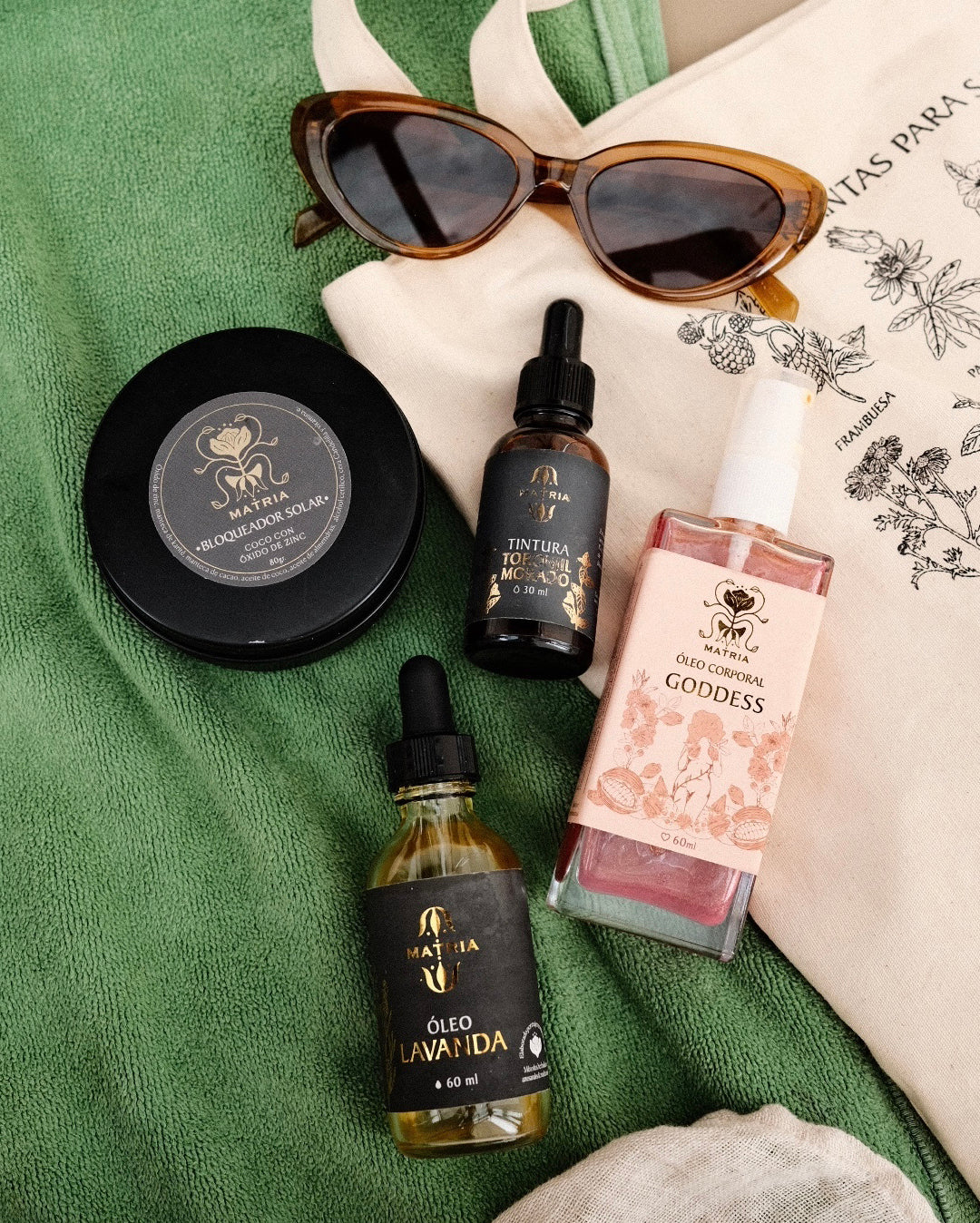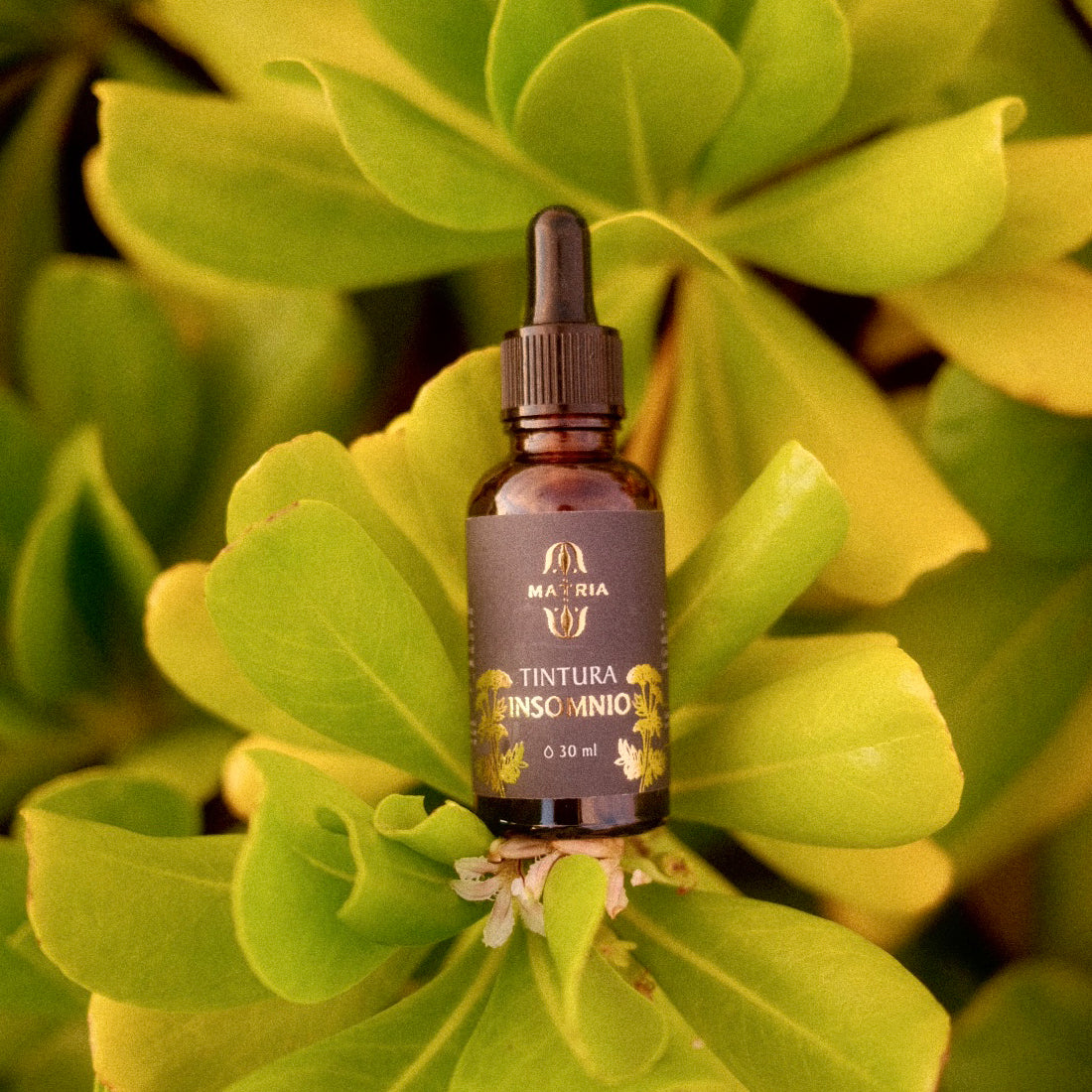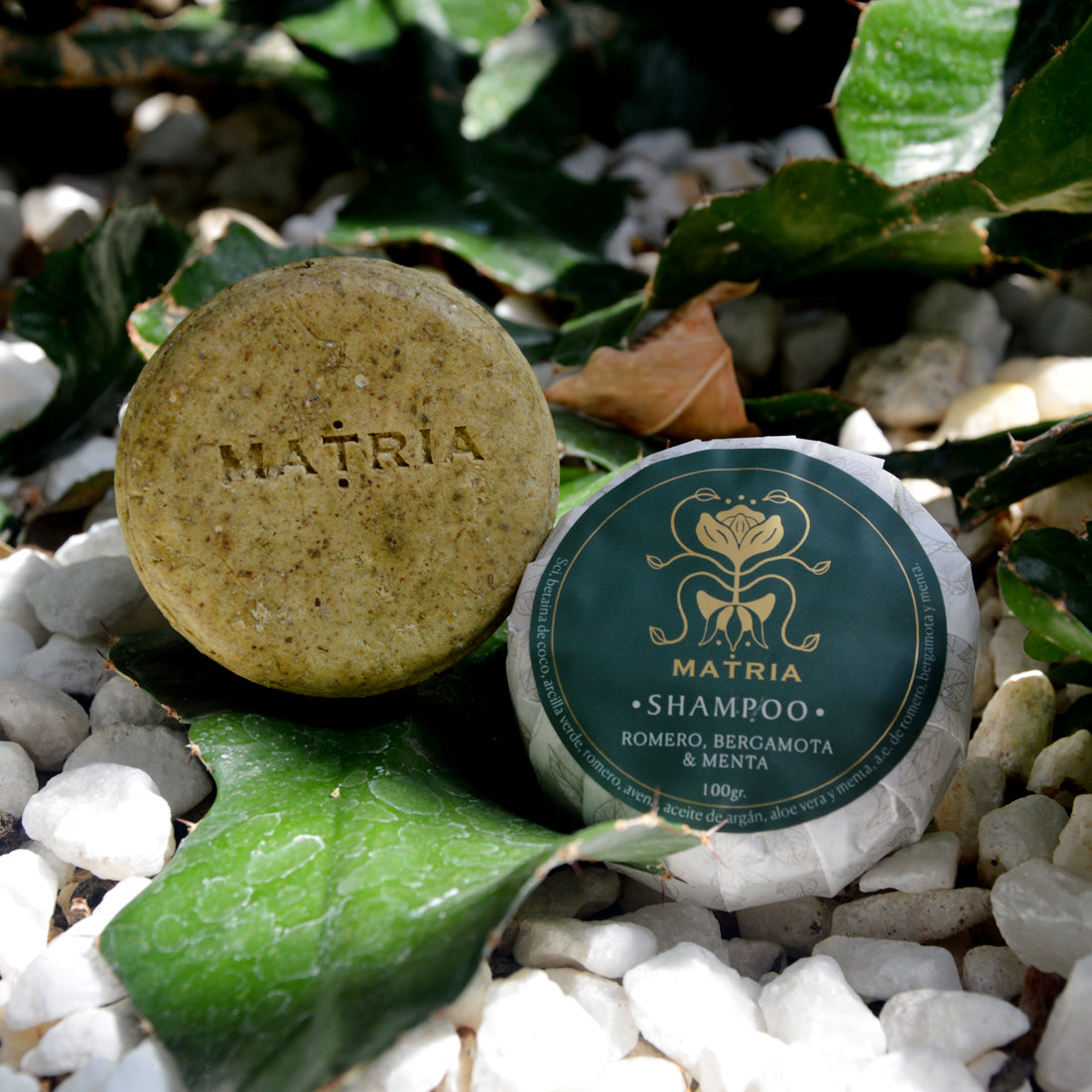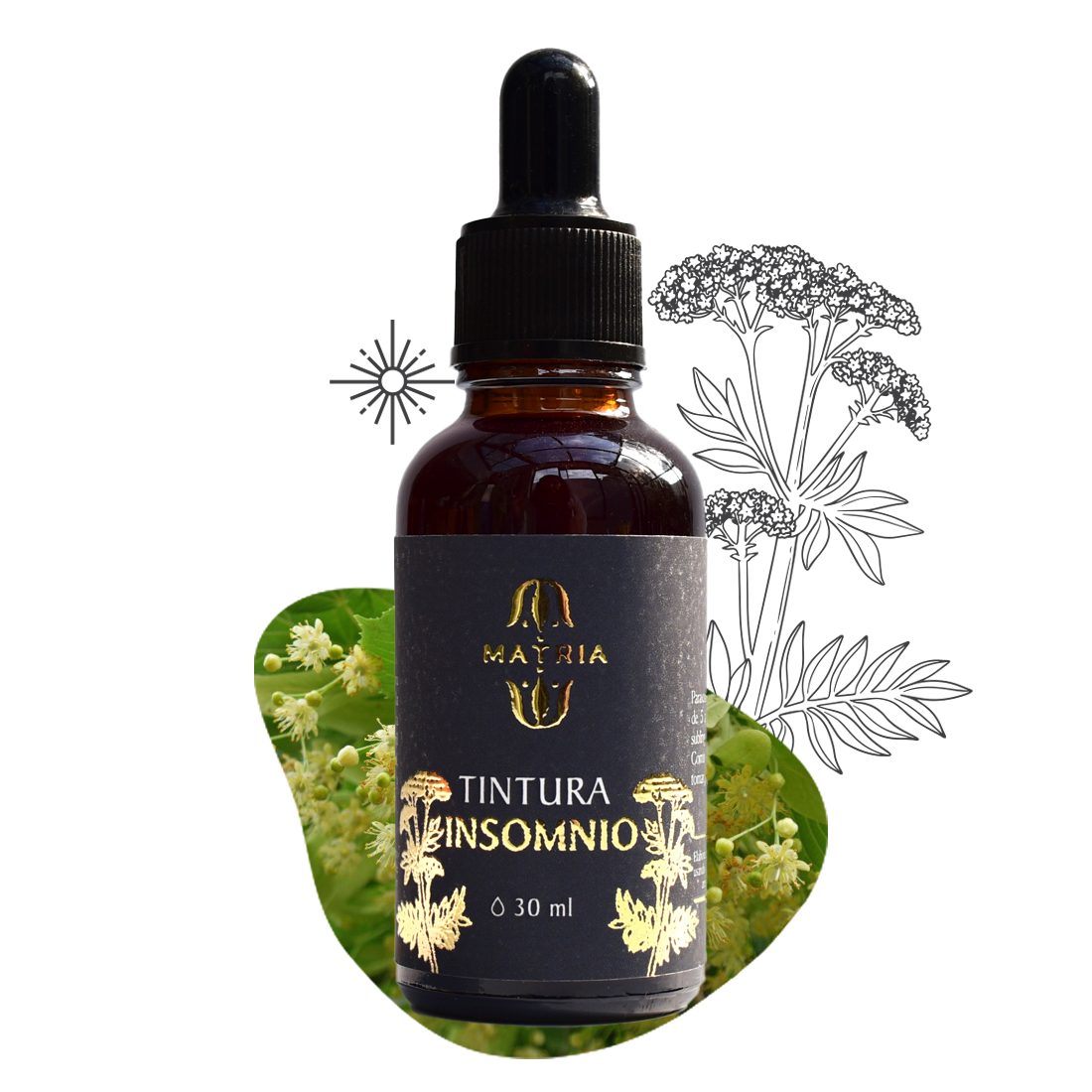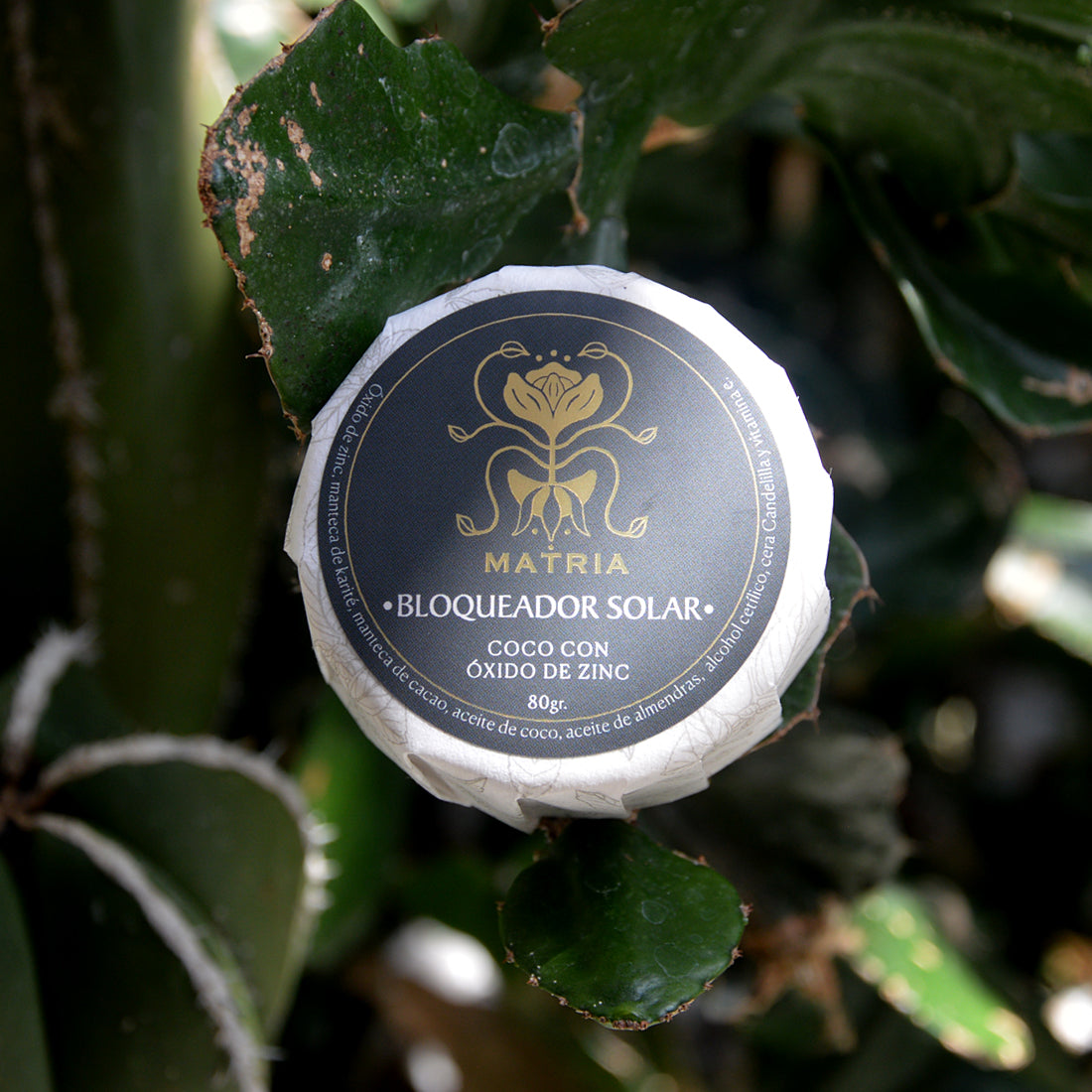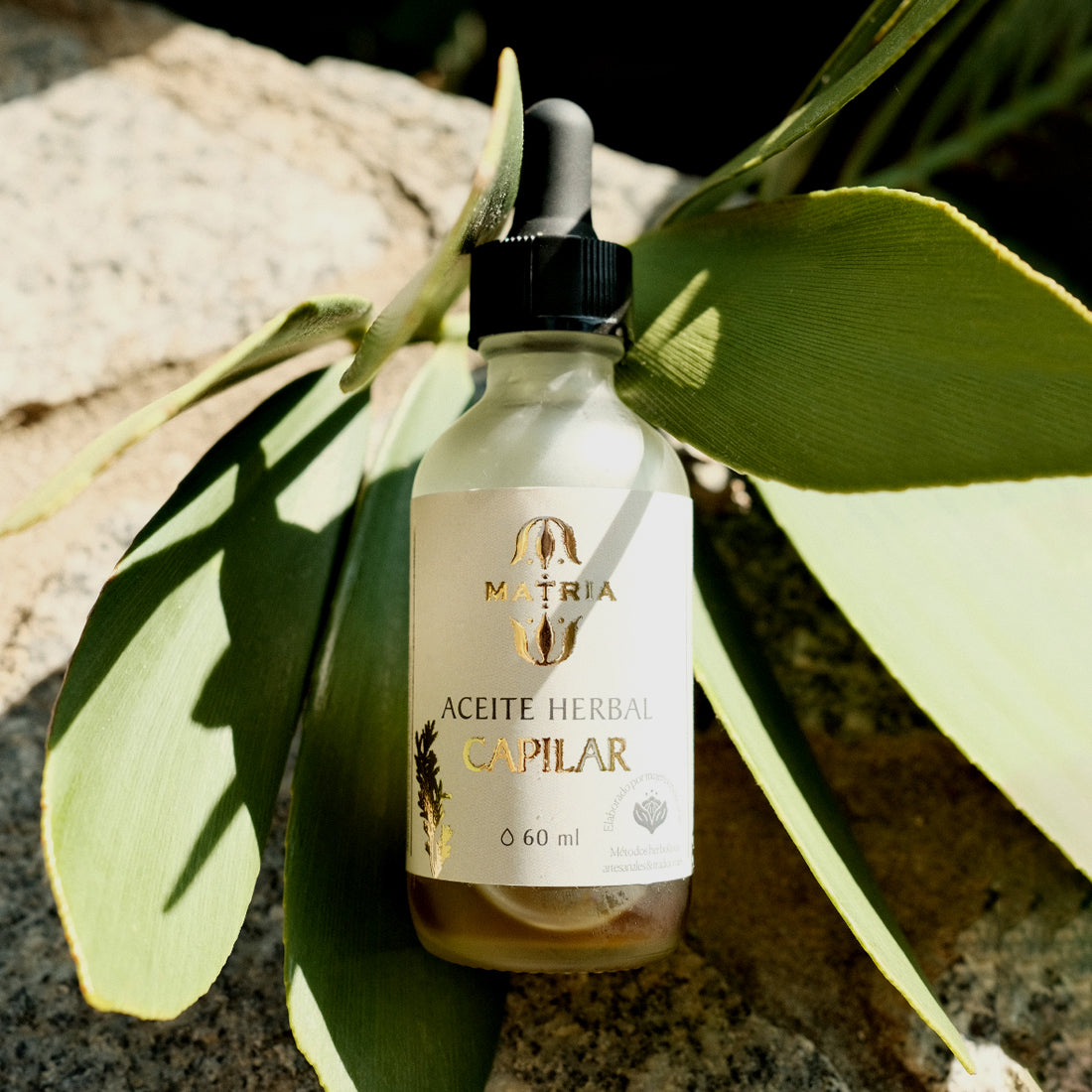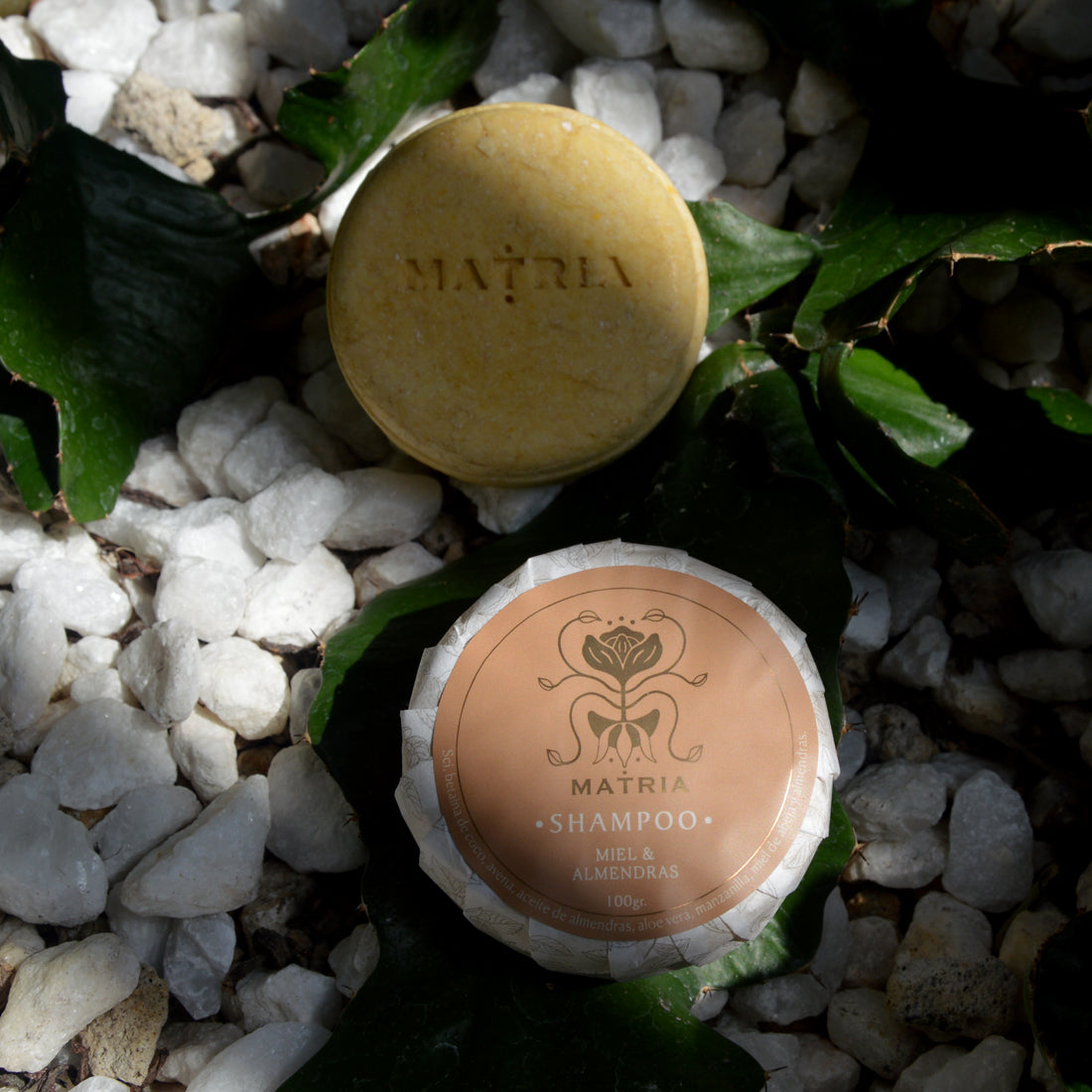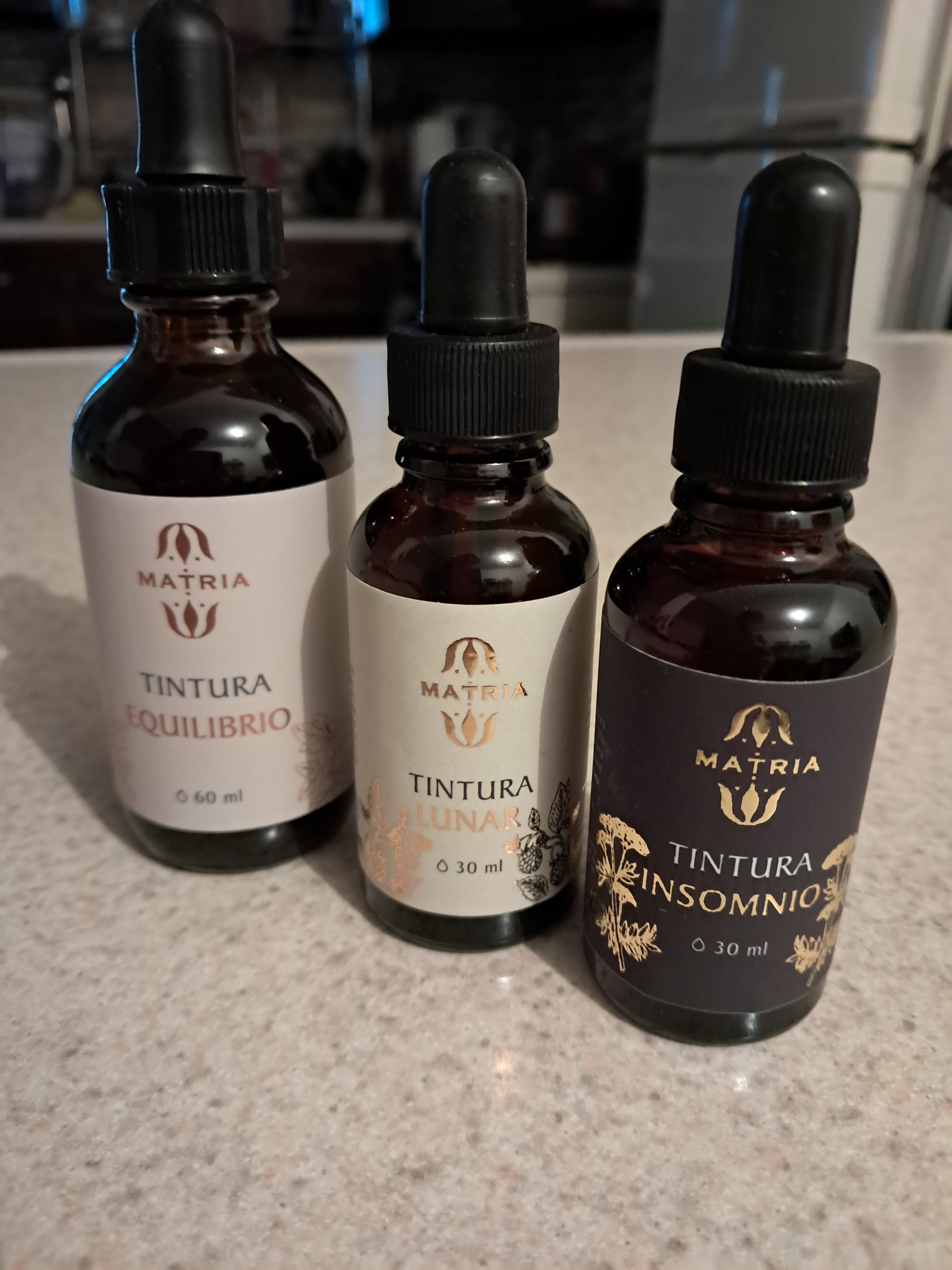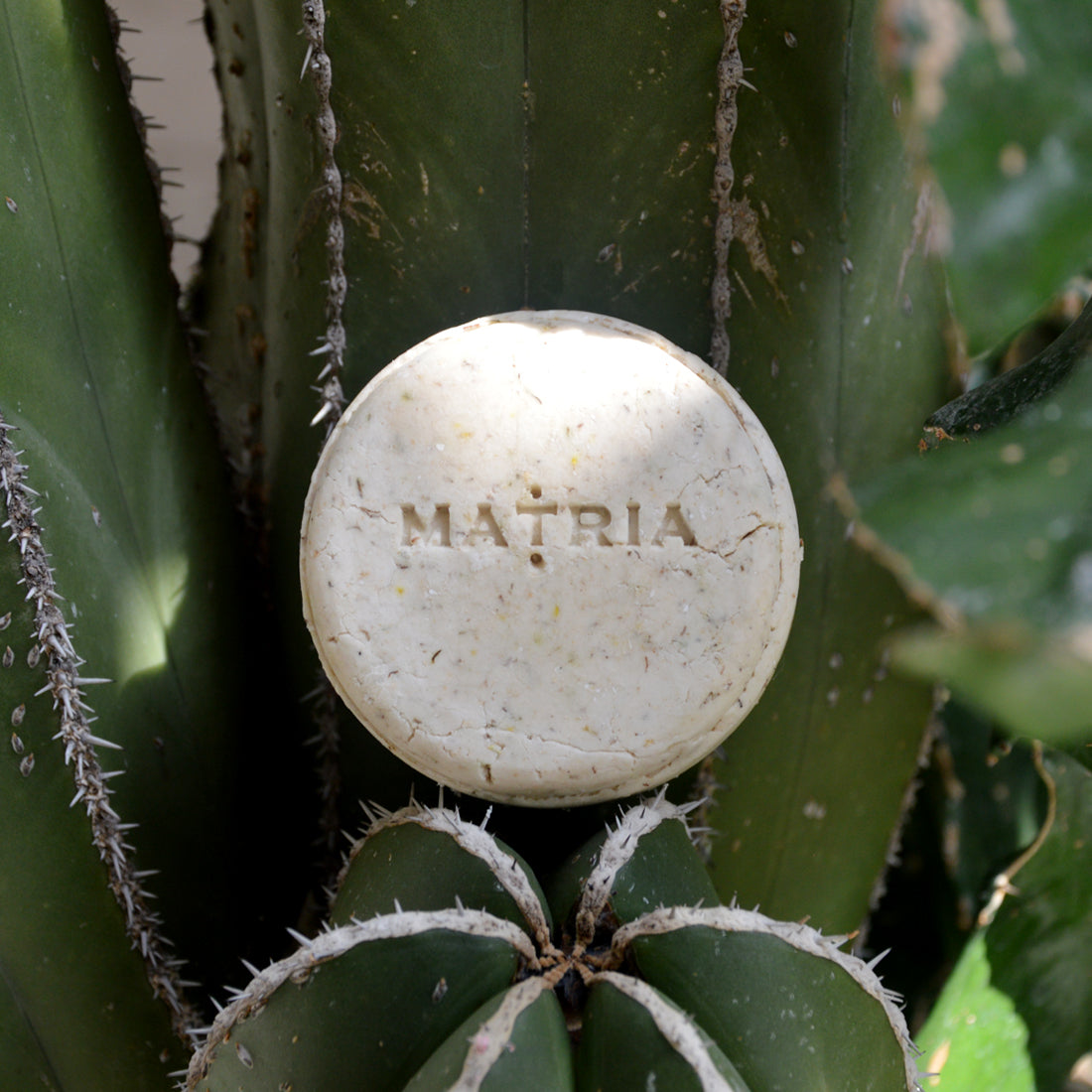In the hustle and bustle of modern life, it's easy to overlook a treasure that nature has provided us since time immemorial: fresh herbs and vegetables. These green treasures are not only delicious but also crucial to our physical, mental, and emotional well-being. Throughout history, Indigenous communities have known this, and modern science supports their ancestral knowledge.
Fresh herbs and vegetables are like a colorful canvas, each shade representing a unique set of nutrients that fuel our bodies. The dark green of spinach and broccoli, for example, is packed with iron and calcium, while the orange of carrots is a source of beta-carotene. The variety of colors and flavors on your plate translates to a variety of nutrients your body needs to function optimally.
Our brain, the maestro of our body's orchestra, benefits greatly from these green wonders. Research has shown that certain herbs, such as rosemary and ginkgo biloba, have properties that improve memory and cognitive function. The antioxidants present in many vegetables also help protect our brains from free radicals, which can reduce the risk of neurodegenerative diseases.
The connection between nutrition and mental health is undeniable. Regular consumption of fresh vegetables and herbs can have a positive impact on our mood and emotional well-being. For example, spinach and avocado are rich in folic acid, which can help combat depression. Additionally, cooking with aromatic herbs like basil and lavender can lift our mood and reduce stress.
Indigenous communities around the world have been guardians of the earth and its gifts, including herbs and vegetables. Their deep knowledge of nature and its cycles is a living testament to how the relationship between humans and food should be. They have understood that by caring for the earth, the earth cares for us. This legacy teaches us that our connection with nature and our food is a sacred and holistic act.
As we move into the 21st century, it is critical that we honor and learn from the wisdom of Indigenous communities. Integrating fresh herbs and vegetables into our daily diet is one concrete way to do this. Let's start by growing our own garden or supporting local farmers who follow sustainable practices. We can also share this knowledge with younger generations, so they can continue the tradition of nourishing our bodies and souls through food.
In short, fresh herbs and vegetables are more than ingredients in a recipe; they are the guardians of our physical and mental health, and a vital link to nature. Let's follow the example of Indigenous communities, care for the earth, and enrich our lives with the green gift it offers.
Scientific References:
-
Smith, A.P., Sutherland, D., & Hewlett, P. (2009). An investigation of the acute effects of oligofructose‐enriched inulin on subjective well‐being, mood and cognitive performance. Nutritional Neuroscience, 12(6), 235-241.
-
Tapsell, L.C., Hemphill, I., Cobiac, L., & Sullivan, D.R. (2006). Health benefits of herbs and spices: the past, the present, the future. The Medical Journal of Australia, 185(4), S1-S24.





